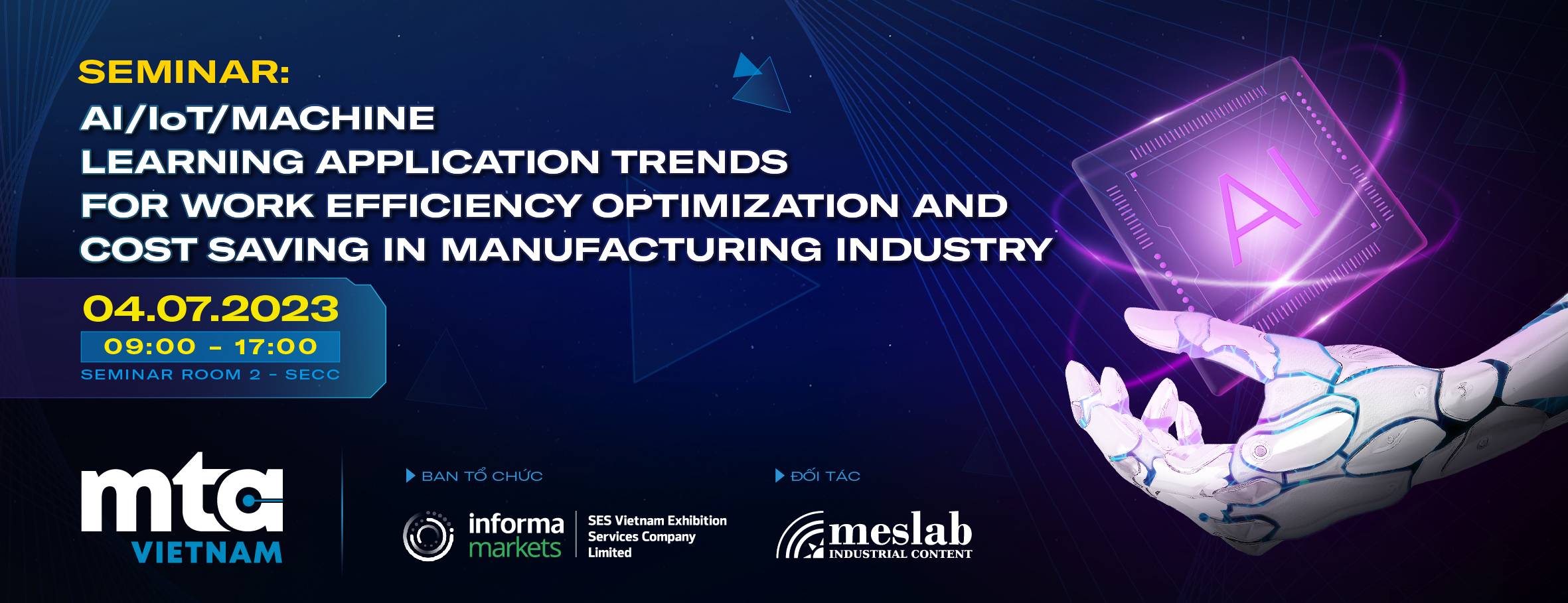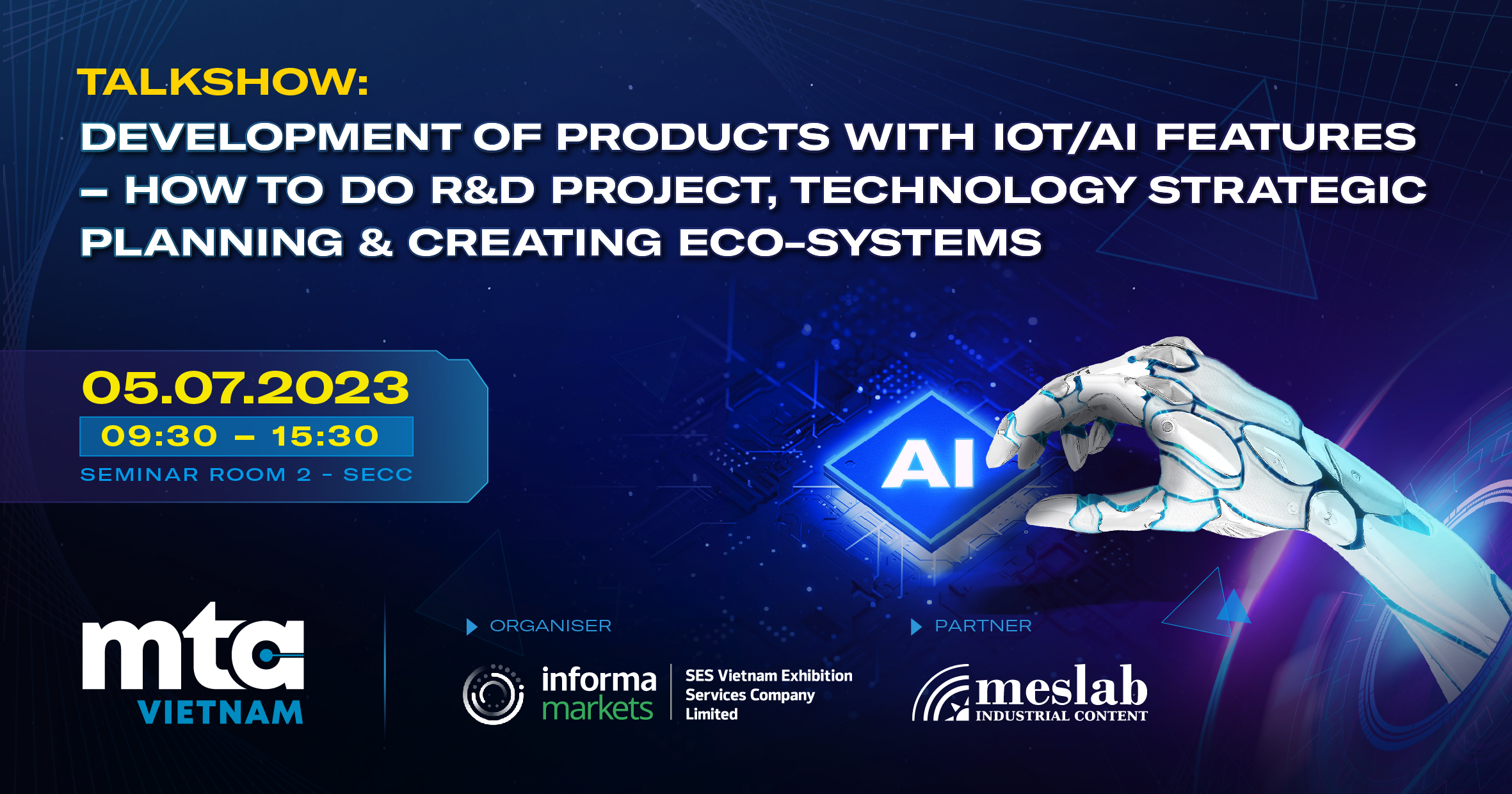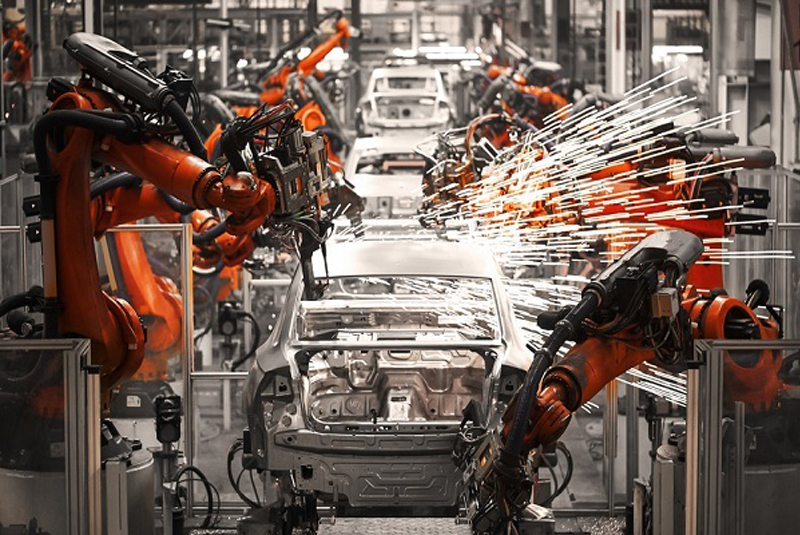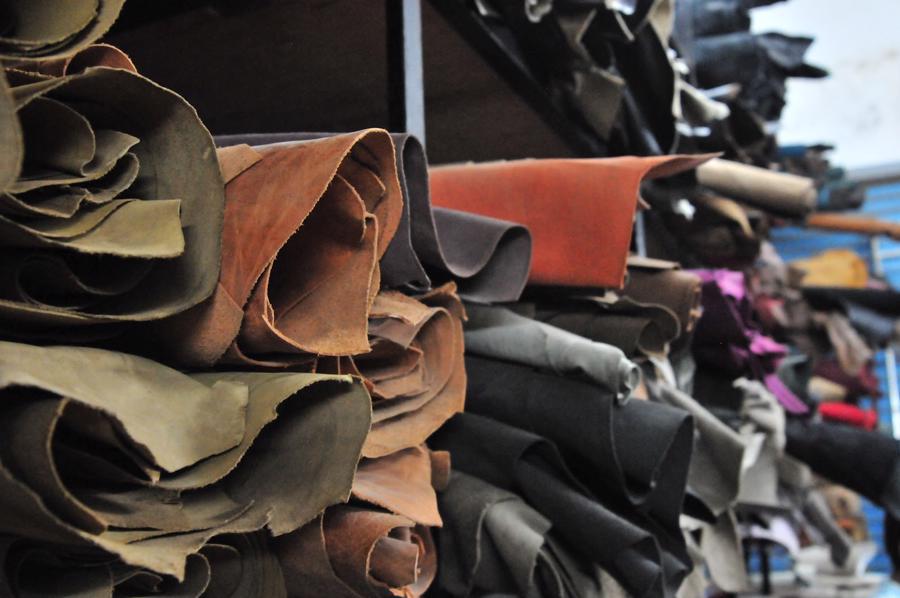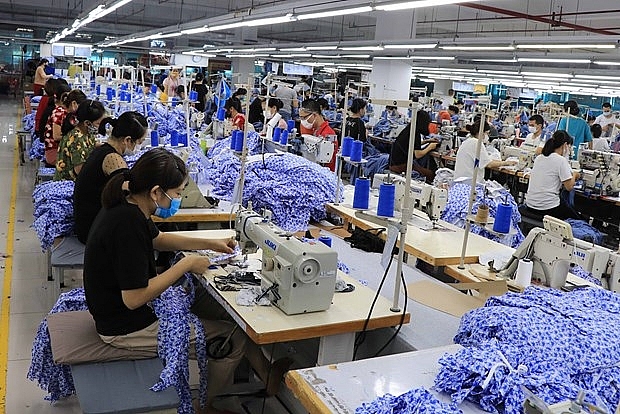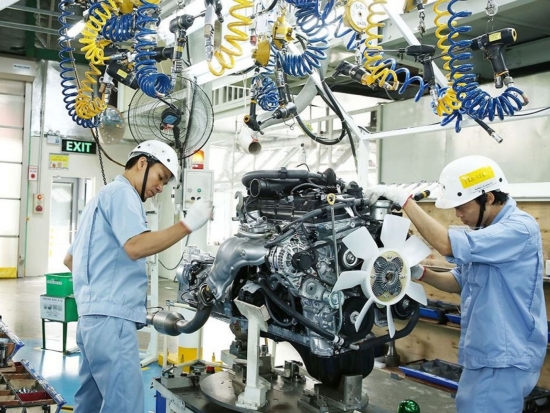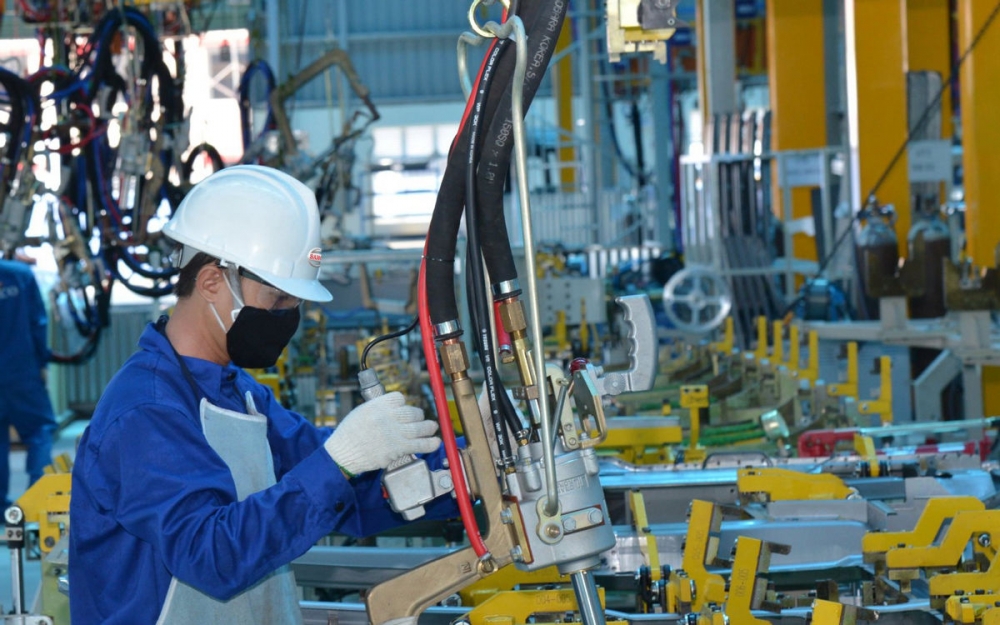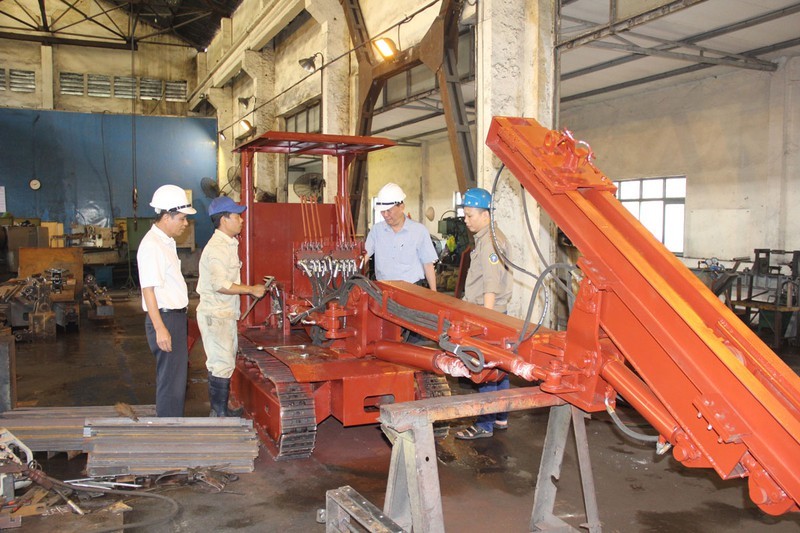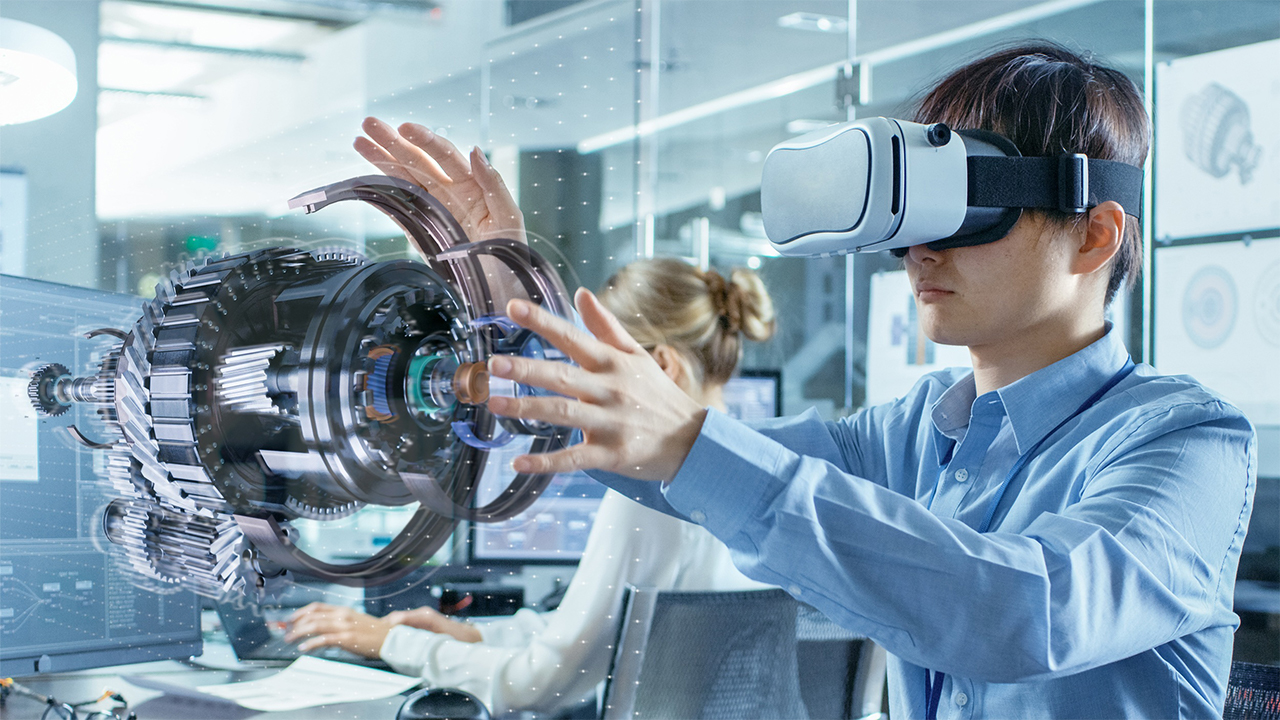Vietnam Will Have A Nuclear Science And Technology Research Center
13/12/2021Nuclear Science and Technology Research Center with a new reactor with a capacity of 10 MWt was built to develop Vietnam’s atomic energy industry.
The information was reported by Dr. Tran Chi Thanh, Director of the Vietnam Institute of Atomic Energy, Ministry of Science and Technology at the 14th National Conference on Nuclear Science and Technology, which opened on the morning of December 9 in Da Lat.
Dr. Thanh said that since the 13th conference held in 2019, the Vietnam Atomic Energy Institute has taken steps to implement the Nuclear Science and Technology Research Center Project (Project Center for Nuclear Science and Technology) with the main equipment being a new research reactor with a capacity of 10 MWt. The project is implemented on the basis of the Intergovernmental Agreement between Vietnam and the Russian Federation on the construction of the Center for Nuclear Science and Technology in the territory of Vietnam, signed on November 21, 2011.
The Nuclear Science and Technology Research Center was built to replace the Da Lat nuclear reactor, promote nuclear applications, and contribute to socio-economic development.
Reporting on the central project, Assoc. Prof. Dr. Nguyen Nhi Dien, former director of the Da Lat Nuclear Research Institute, said that in order to carry out the pre-feasibility study group: screening and preliminary assessment of locations, topics and proposals as well as suggesting a suitable site for the design of a new research reactor.
At the feasibility study stage, the research team conducts a technical survey and site assessment, basic design and environmental impact assessment, thereby serving as a stepping stone towards project construction. It is expected that these steps will be implemented in the period of 2022-2024.

According to Assoc. Prof. Dr. Nguyen Nhi Dien, reactor research can be applied in many fields, from reactor physics, jet heat, nuclear radiation safety, radiochemistry, water chemistry, or structural material analysis, material properties, neutron imaging, application of radiopharmaceuticals used in nuclear medicine, etc.
Specifically, the research team used a core configuration reactor with 8 external irradiation channels and a large 130mm irradiation channel in the central part. In the design of the RR machine, two Russian fuels are used, including IRT-4M (8 standard FA tubes and 6 control column pipes) and VVR-KN (8 standard FA pipes and 5 control columns).
“Designs that are safe in operation, use and highly economical, and have the capacity to open more test facilities for a long time in the 60-year life of the reactor”, Assoc . Prof. Dr. Nguyen Nhi Dien said.
In the field of reactor physics research, Dr. Pham Ngoc Son, Da Lat Nuclear Research Institute, said that there are many applications of neutron beams of the reactor, including biotechnology, materials research, and evaluation determination non-destructive samples, creating new technological products. “The research and application of neutron beams also helps to prepare knowledge and access to technology to build a new reactor in Vietnam in the future,” emphasized Dr. Son.

Assoc. Dr. Le Ngoc Ha, 108 Central Military Hospital, said that the application of atomic energy is used in the medical field, shown in cyclotron centers and PET/CT, SPECT/CT. He emphasized the importance of using radiopharmaceuticals in nuclear medicine in Vietnam. “Radiopharmaceuticals are not only effective in diagnosing and treating cancer, but also in the application of cardiovascular and neuropsychiatric diagnosis and treatment, Alzheimer’s disease”. He also cited market research in 2018 saying that it is forecasted that by 2026, the radiopharmaceutical market will double, showing high demand in the world as well as in the country.
At the conference, reports from experts from the US and Japan also shared many new researches and technologies with potential applications in life. Prof. Dinh Truc Nam, North Carolina State University (NCSU), USA, introduced the application of data-oriented methods and artificial intelligence AI, machine learning in nuclear reactor engineering.
Professor Hiroyoshi Sakurai, Scientific Director of the Research Institute of Physical Chemistry – RIKEN, Japan shared research with radioisotope beams, research results, and neutron correlation calculations for the reactor. According to Professor Sakurai, the research is applied in nuclear physics and engineering, detecting useful bacteria in the fields of medicine, semiconductor manufacturing, satellites, space…

Discussing whether nuclear energy is a good choice for Vietnam, Prof. Masaki Saito, Japan said: “Choosing nuclear power is one of the right choices for sustainable development in the future of Vietnam”. According to GS. Masaki Saito Vietnam’s terrain is suitable for hydroelectricity and has many natural incentives. The development direction of solar energy and wind energy also has a lot of potential, but is affected by weather and climate, so it is not stable.
He said nuclear power technology has the advantage of providing carbon-free electricity and providing hydrogen. “This is the potential source of realizing a sustainable society in Vietnam,” he said. At the same time, in addition to the highly improved large nuclear power plants, there are also small modular reactors (SMRs) and micro reactors that help in sustainable development on a global scale, stability and reliability.
And Mr. Anthony Wier (USA) said that after hydroelectricity, nuclear energy will be a zero-emission energy source. “The reactors offer significant benefits such as low operating costs compared to traditional electric machines, the applicability of clean energy, being able to connect to the national electricity, applications in many aspects such as desalination for electricity, etc. water, replacing coal, developing environmentally friendly energy, creating clean electricity…
According to Dr. Tran Chi Thanh, atomic energy has a lot of potential compared to renewable energy and wind energy when it has “zero emissions”. “In the next 10 years there will be more than 10 countries participating in this playing field,” he said.
Deputy Minister of Science and Technology Pham Cong Tac affirmed the role of applied atomic energy in various fields. He said Vietnam and the world are facing great challenges in terms of energy, environmental pollution and epidemics. Regarding the way forward, Deputy Minister Tac said that “the application of atomic energy for peaceful purposes will still help Vietnam develop socio-economic and overcome current challenges”.
Source: VnExpress
Must Read
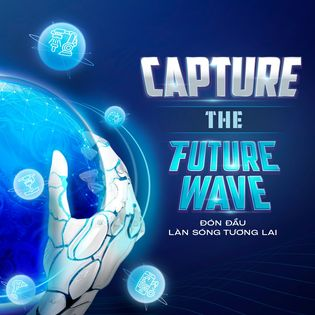
2023 PARTICIPANT LIST


[Seminar] INDUSTRIAL METROLOGY


MTA Vietnam 2022 Webinar


ADB is optimistic about Vietnam’s economy


MTA Vietnam 2021 x Bystronic Webinar


CONFERENCE SERIES


ONLINE BUSINESS MATCHING PROGRAMMES
You may be interested in


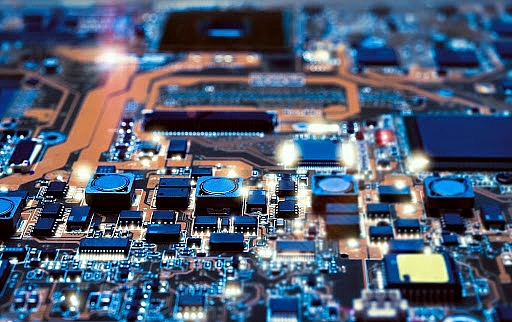

The electronic manufacturing industry maintained good growth in 2021


Optimize operations in the context of epidemics and market volatility


Expectations for the development of supporting industries in Ho Chi Minh City. Ho Chi Minh


Complete Hybrid Cloud Connectivity Solutions for the Enterprise


Russian steel exports head for Asia as sanctions rise


Vietnam continues to be an attractive destination for US investors





